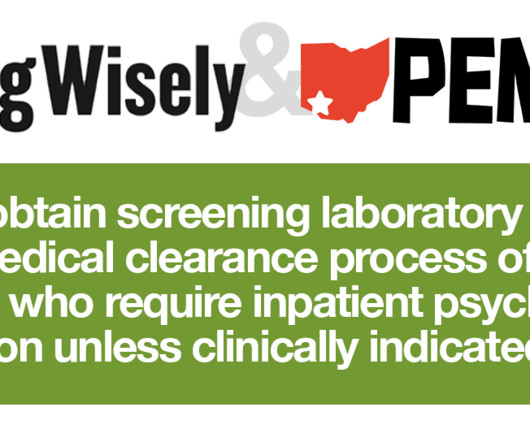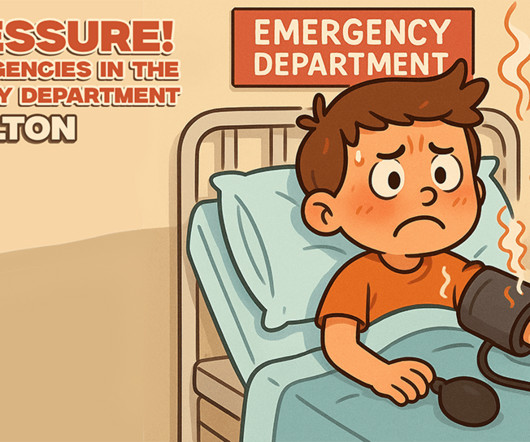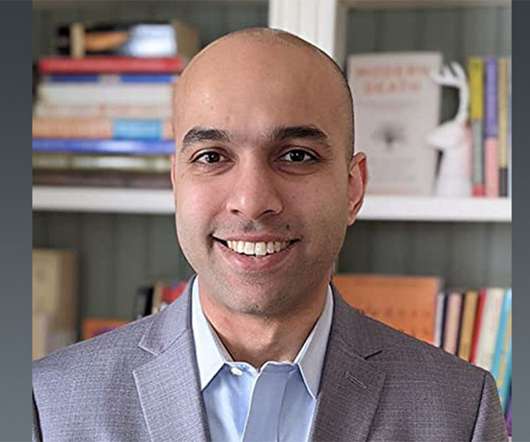You don’t need labs to medically clear a psych patient
PEMBlog
SEPTEMBER 6, 2023
When should the emergency physician obtain lab tests to medically clear such patients? They carry existing diagnoses and are followed by outpatient mental health providers. There is abundant evidence showing that routine lab tests in such patients have a very low yield and are not indicated, in adults as well as in children.












Let's personalize your content